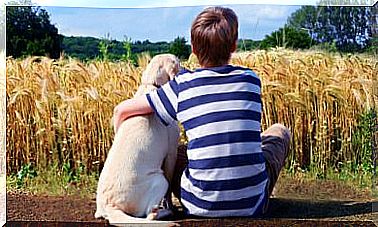What To Do If You Witness Violence Against Animals
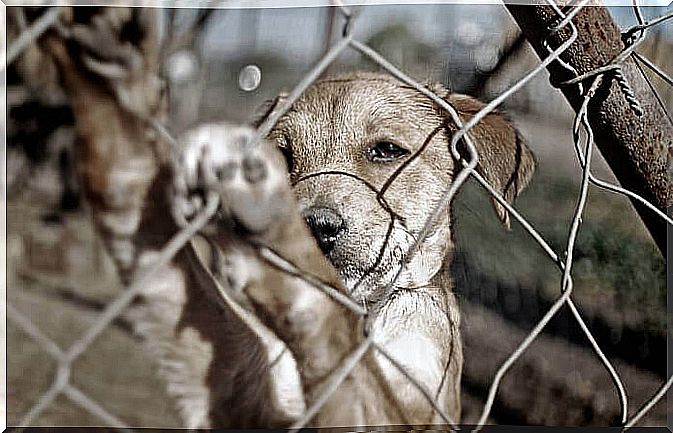
Everyone knows that animal violence is a plague for the whole of society. All living things should be treated with respect and love. Unfortunately, the crimes and abuse of dogs, cats and other species continue every day, despite laws and complaints. Of course, the collaboration of all citizens is needed. For this reason, we want to show you what you need to do if you witness an act of violence or abuse perpetrated against animals.
Laws against animal violence
Fortunately, in Italy there is a law that goes against this type of conduct. We are talking about Law no. 189 of July 2004, the title of which reads as follows:
In 2004, the Criminal Code of our country was modified by inserting penalties for all those responsible for serious actions against animals. The law today punishes the mistreatment, abandonment, fighting and doping of dogs, cats and all animals in general.
The law exists and is applied, but the collaboration of those who, in spite of themselves, find themselves spectators of the violence is also needed . The responsibility for reporting animal abuse lies with the person who testifies. Without the cooperation of other citizens who are aware of this problem, the security forces cannot protect animals properly.
The responsibility belongs to everyone: we must report
The first step to be able to report an act of violence against an animal is to know who to contact when you witness these unpleasant episodes. Throughout Italy, it is possible to file the report in any police station and, in case of doubt, you can always call the emergency number 112. The Anti Vivisection League (LAV) on its website makes available the facsimile of the report .
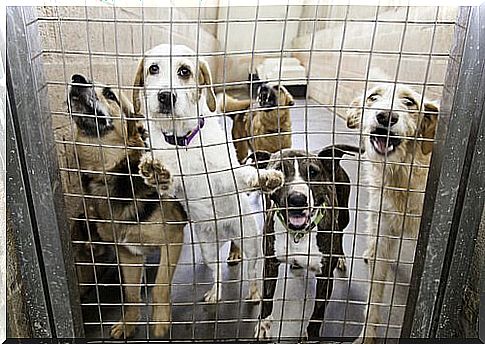
Obviously this is a difficult gesture to perform, due to the fact that many times people are afraid of possible retaliation. Let’s think, for example, of the case of animals used for clandestine fights, in circuses and dog races, in short, circuits where a lot of money goes around.
On the other hand, one cannot hide from one’s role as citizens and everyone, no one excluded, has the duty to go to the Police or Carabinieri to report any circumstance in which the rights of animals are trampled on. It can be a master who keeps his dog at the end of his life, a riding stable who beats a horse to blood or even a farmer who tortures cattle.
Now that you know that in Italy there is a law and that there can be both penal and administrative sanctions (fines, suspension or withdrawal of licenses, compensation…) do not hesitate to report. There are also many NGOs and animal welfare associations that will gladly help you, giving you advice and support if needed.
There are several types of abuse
When reporting an incident of violence, you will need to differentiate what type of animal was abused, as various types of scenarios can arise.
In the case of pets, if the complaint goes successfully, the normal thing is that the attacker is denied custody of the animal, which will be sent to a kennel, shelter or adoption center. In the case of farm animals, the situation is more complicated, as you will surely find yourself facing large food groups and multinationals. But your efforts may not necessarily be in vain, it is always worth fighting for.
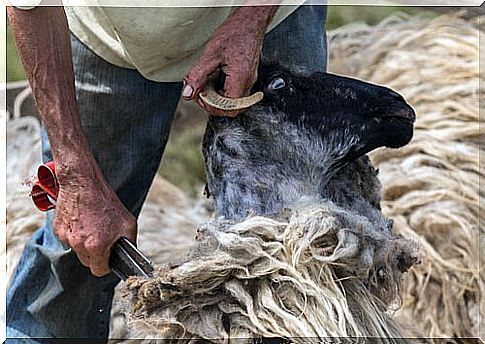
There have been cases of mistreatment of wild animals, which usually have an effect only on the abuser, as the animal, if it is able to continue living in the wild, is returned to its habitat, without further consequences. .
The consequences of the complaints
It is important to know what will happen after reporting a case of abuse. It is an uncomfortable truth that kennels in Italy are often dilapidated places but, unlike other countries, in Italy animals cannot be killed. This is due to Law no. 281 of 14 August 1991: ” Wandering dogs found, captured or otherwise hospitalized in the structures, cannot be killed “.
Expanding the speech to Europe and the rest of the world, obviously, when a complaint is presented, it is possible that the situation of the animal improves, but this is not always the case. Despite the excellent work of volunteers and associations, once the victim is taken away from its owner, this dog or cat could be given up for adoption, end up in a kennel or even be sacrificed. As is the case, for example, in Spain, France, Germany and the United Kingdom.
NGOs often reiterate the fact that complaints do not always lead to concrete results. First of all, because there are cultural aspects that prevent us from considering the feelings and needs of animals, which are always placed a couple of steps below human interests. Second, as we have seen, victims of abuse can end up risking their lives.
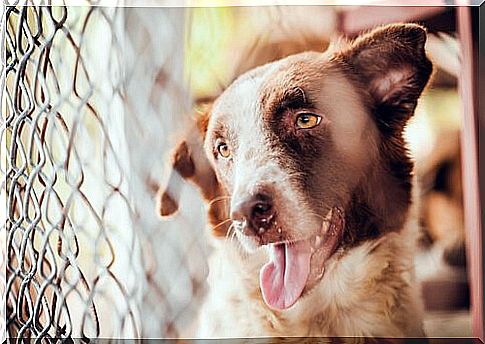
But be careful: the fact that complaints can produce different results should not discourage you from remaining vigilant and attentive. The duty of every citizen is to fight against any abuse. Hope in Justice must never falter, not even if we are talking about animals.
Personal responsibility of the whistleblower
Regardless of the type of complaint you wish to make, when you witness animal violence, do not forget the personal responsibility of the complainant. The abuse of animals is a complex and delicate issue and to make the complaint bear fruit, everyone’s collaboration is needed.
Both in the case of encountering an abandoned animal and in the case of getting to know a farm where the animals live in abusive conditions, the personal involvement of the complainant is necessary . Without the awareness that these animals live badly, that they need an immediate solution and without due insistence with the authorities and police forces, the complaints risk ending up bogged down.
